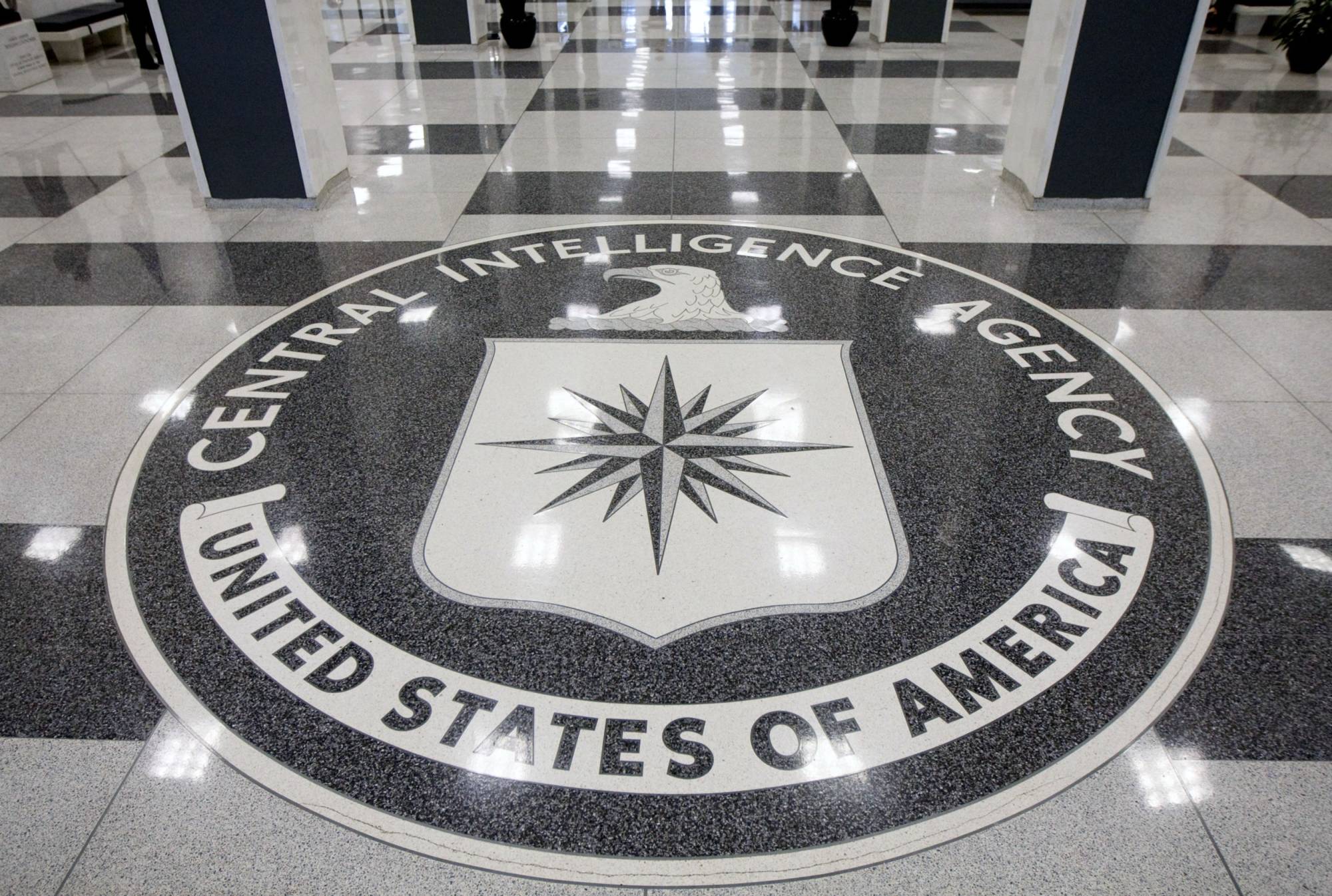There is a brilliant sketch by the British comedy duo Mitchell and Webb, set in World War II, where the two are dressed as German soldiers. After looking around and seeing all the death’s head imagery on their uniforms and equipment, one innocently asks “Hans, are we the baddies?”
That line came to mind last month after reading “Unheard Voices,” a report by the Stanford Internet Observatory and Graphika that examined what they identified as Western influence operations in the Middle East and Central Asia. The idea of such a campaign — not confirmed by the U.S. government, by the way — instinctively gladdens the heart: We’re pushing back! A moment’s reflection, however, produces a more measured if not disapproving reaction, not unlike that of the comedy sketch: "Are we the bad guys?"
Influence operations cover a range of behaviors. The Rand Corp. calls them “the collection of tactical information about an adversary as well as the dissemination of propaganda in pursuit of a competitive advantage over an opponent.” Herb Lin, a cyber expert. has a more colloquial definition: the deliberate use of information by one party on an adversary population to confuse, mislead and ultimately influence actions that the targeted population makes. Sun Tzu is the patron saint of influence operations: They operationalize his maxim that, “The supreme art of war is to subdue the enemy without fighting.”


















With your current subscription plan you can comment on stories. However, before writing your first comment, please create a display name in the Profile section of your subscriber account page.